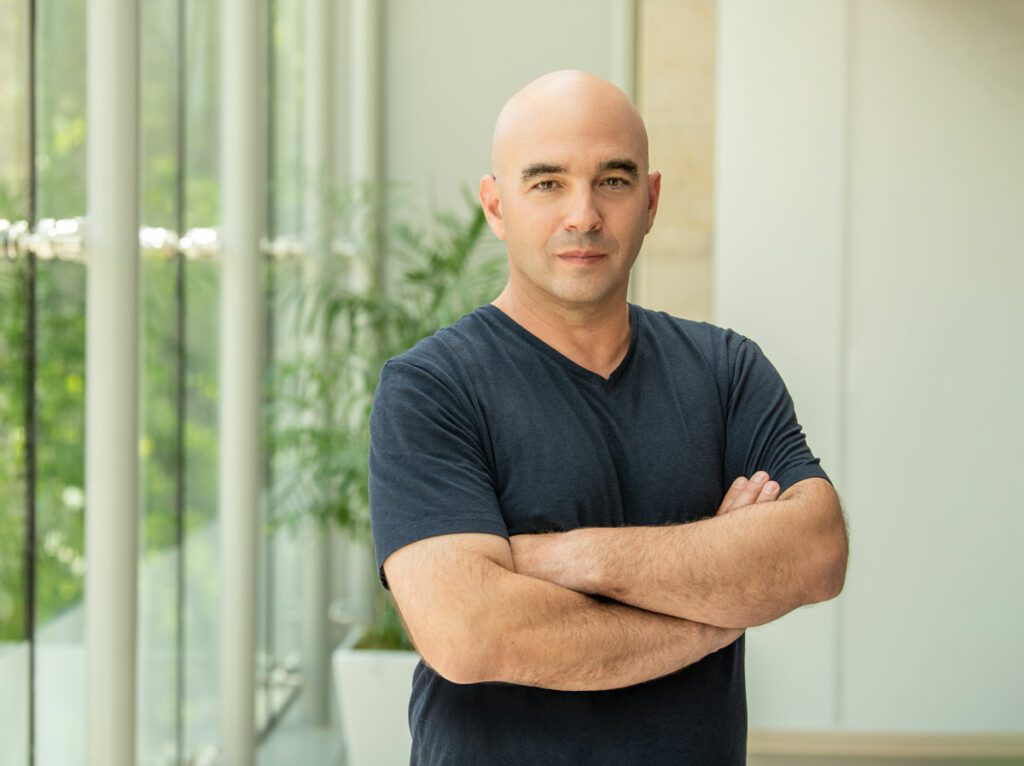Fundraising for your startup is as much about perception as preparation. Founders must balance the impression of independence with the necessity of needing capital. This mirrors the classic dating advice: “Play hard to get.” If you come across as too eager, you risk undermining your position, but if you’re too aloof, you might miss an opportunity. So when you find the right investor, you must be meticulously prepared but casual.
Here’s how founders can strike that delicate balance and present themselves to VCs as confident, capable, and in control—without ever seeming desperate.
How to Play Hard to Get
When you’re fortunate enough to have the resources to be the master of your destiny, the ideal fundraising mindset isn’t “I need your money to survive,” but rather, “Your capital could help me go faster or achieve better results.” This subtle distinction makes all the difference.
Much like dating, desperation is a turn-off. Scarcity creates value. When you approach only a select group of investors and cultivate a sense of exclusivity, you increase your allure. Founders who cast a wide net and appear to be pitching to anyone who will listen risk diluting their brand.
Instead, focus on a few highly aligned investors and create casual engagement. For example:
- Frame conversations as exploratory rather than transactional.
- Position your openness to raising capital as contingent on the right alignment of vision and values.
- Speak in terms of “if” rather than “when” you’ll raise. Presenting yourself as open to conversations but not dependent on the outcome creates intrigue and positions you as someone in demand.
This approach not only positions you as confident and in demand but also ensures that the investors who engage with you are truly interested and aligned.
The Secret Weapon: Preparation Behind the Scenes
The danger of “playing hard to get” in fundraising is being unprepared when the moment arrives. However, approaching investors with the air of “I’m fundraising, and here are my materials” can convey a sense of anxiousness or neediness. If an investor gets serious about due diligence and you’re scrambling to pull together materials, it will introduce delays and erode trust.
To avoid this, prepare everything behind the scenes. Create a comprehensive data room with all the essentials for a successful round:
- An investment memo
- Financials (historicals and forecasts)
- Customer metrics
- Customer testimonials and references
- Market analysis
- A clear product roadmap
Think of this as your secret playbook. While you’re outwardly casual, you’re internally ready to move at a moment’s notice. This duality—aloof but prepared—is the hallmark of a founder who knows how to play the fundraising game.
Tiered Information Sharing: A Gradual Reveal
Not all investors deserve the same level of access right away. Founders should approach information sharing with care. A tiered system can help you figure out what to share with whom:
- Tier 1: High-level materials. Anonymized customer data, a general overview of the product roadmap, and basic financial summaries. These are ideal for initial conversations where you’re gauging interest.
- Tier 2: Detailed materials. For investors you’re more comfortable with, include named customers, monthly revenue details, and a more comprehensive product roadmap.
- Tier 3: Full access. When you’re nearing the finish line, allow serious investors to conduct customer calls or other high-touch due diligence. For smaller companies, this is a precious ask, as your customer relationships are both limited and highly valuable. Protect these interactions carefully.
This gradual reveal ensures you’re not overexposing your business early while still maintaining transparency at the right moments. But when you find the right investor with whom you’re aligned, lean in fast and take advantage of the moment.
Reverse Due Diligence: Know Your Investor
Fundraising isn’t a one-sided evaluation. Just as investors are assessing you, you should be assessing them. Conducting reverse due diligence can help ensure you’re partnering with someone whose values, approach, and track record align with your company’s vision.
Here are some steps to take:
- Research the firm: Understand how it operates in the VC world. Look at its portfolio, investment history, and reputation. Learn how it interacts with founders and its portfolio companies during good times and bad.
- Focus on the partner: It’s more important who the partner is than the firm. The individual leading your deal will have a far greater impact on your success than the brand name behind them.
- Talk to other founders: Ask the investor to introduce you to founders in their portfolio. These conversations can reveal invaluable insights about what it’s like to work with the partner and firm. Are they supportive? Do they follow through on commitments? Do they add strategic value beyond capital?
By approaching this as a two-way process, you position yourself as a thoughtful, strategic leader who values alignment as much as capital.
Conclusion
Ultimately, the goal of this strategy is to align the right moment with the right investor. By preparing meticulously behind the scenes and engaging casually upfront, you’re ready to capitalize on opportunities without delays or missteps. When a prospective investor reaches the point of serious interest, you can move seamlessly into due diligence with all the necessary components already in place.
Remember, the best outcomes arise when both you and your investors feel like you’ve chosen each other—not out of necessity, but because of shared vision and mutual respect. Play hard to get, but always be prepared to win.



